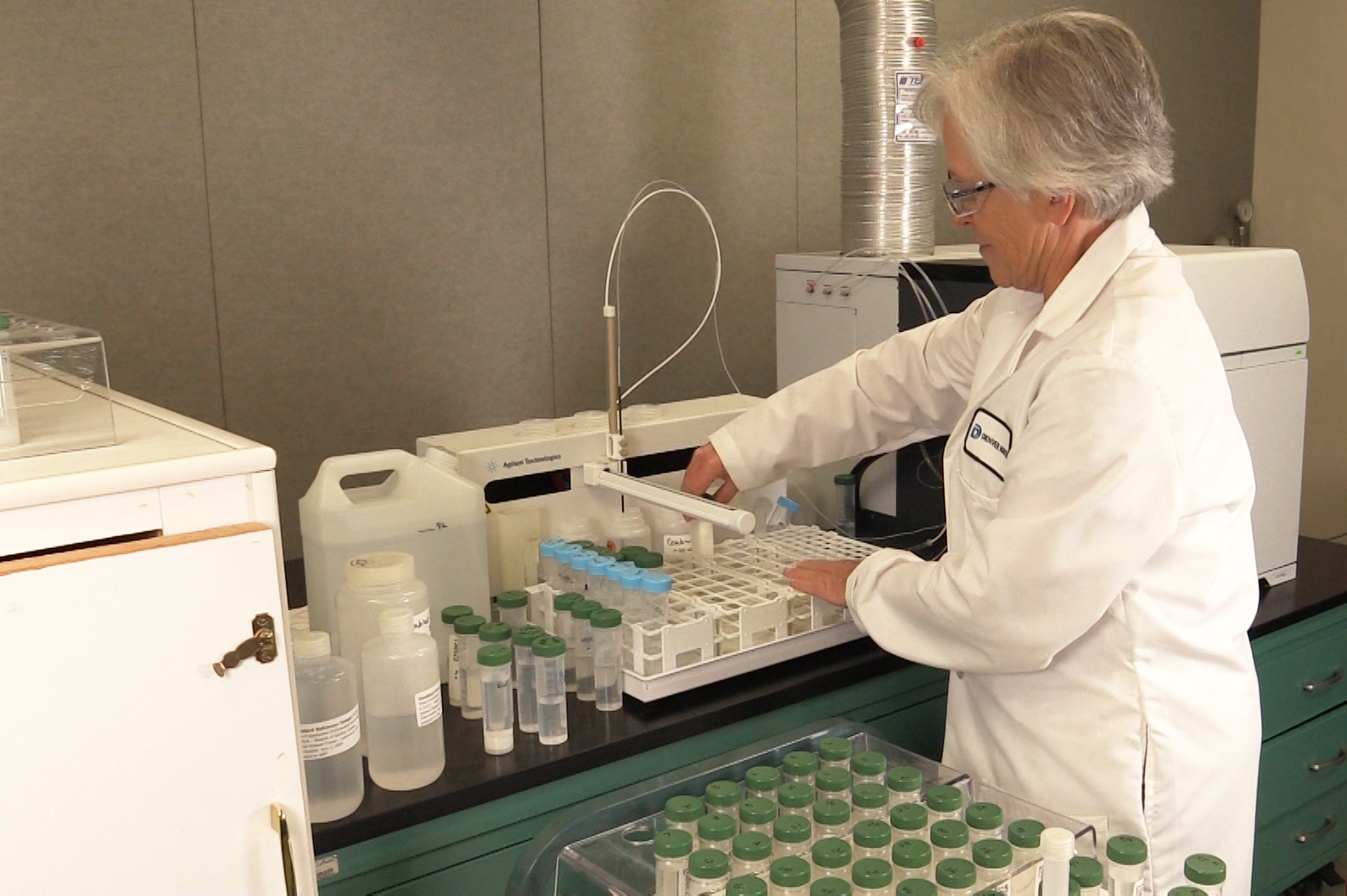
Denver schools take aggressive approach to lead
If there’s a silver lining to the water crisis in Flint, Michigan, it’s that it sparked a nationwide discussion about lead and drinking water. As kids head back to class this fall, school districts across the country are taking a closer look at plumbing and water fixtures in their schools.
In Colorado, Denver Public Schools recently kicked off its own ambitious lead-testing program.
To ensure water samples are collected correctly and consistently, DPS developed its testing program in partnership with Denver Water, Colorado Department of Public Health and Environment, the Environmental Protection Agency and Denver Environmental Health.
“This is the most comprehensive lead testing program we’ve ever done with DPS,” said Zeke Campbell, Denver Water’s director of water quality and treatment. “We’re hoping to inform schools, students and families about lead and bring awareness to this important issue.”
There’s no lead in the water that leaves Denver Water’s treatment facilities and travels in water mains to schools. But lead can enter drinking water when it passes through plumbing fixtures, lead service lines and pipe solder that contain lead.
“We want to be proactive and ensure the water in all of our facilities is safe and meets EPA drinking water guidelines for schools,” said Trena Deane, DPS executive director of facility management.
A DPS sampling team began collecting water on Aug. 23 from drinking fountains, kitchen food prep sinks, lounge sinks and any other fixtures that provide drinking water to students and staff. The samples are then sent to Denver Water’s water quality lab for analysis.
The district’s 160 schools will collect more than 3,000 samples, and Denver Water will analyze them all — a process expected to continue through the end of 2016.
DPS is collecting the samples early in the morning, following EPA guidelines. That time provides the most accurate test for lead, as water has been sitting stagnant in the pipes for at least 8 hours.
The school district wants to collect samples from all of its elementary schools by the end of October and the rest of its schools by the end of the year. After Denver Water conducts the tests, DPS will post the results on its website as they are completed.
The EPA recommended that the schools collect the samples while school is in session to mimic what it’s like when a student fills up a water bottle or takes a sip from a drinking fountain.
“Due to the age of some of the buildings, we do expect we’ll find some lead levels in the schools,” Campbell said. “It’s similar to what we’re finding in homes in our service area.”
The EPA recommends schools take action if lead levels are 20 parts per billion or above. DPS is taking the added precaution of fixing problems if lead is found at or above 15 ppb at any fixture. One part per billion is equivalent to a single drop of water in an Olympic-size swimming pool.
If a test finds lead levels at or above 15 ppb from any fixture, DPS will replace the fixture, add a water filter or replace the plumbing to make sure lead exposure is reduced.
“DPS really did its homework to make sure they had a complete plan in place to find any sources of lead that might be coming from fixtures, faucets and plumbing,” said Melissa Elliott, director of public affairs for Denver Water. “The DPS plan is a model for how schools across the state and the country should go about sampling and testing for lead.”
The district already has water quality procedures in place to help ensure the freshest water supply possible, even in its older facilities.
For example, DPS routinely flushes water through the pipes at older schools after summer and holiday breaks, getting rid of stagnant water that may have been exposed to lead plumbing for days, weeks or months.
“As we test the schools, this is also a good time for families to test for lead in their homes,” Campbell said. “Lead is a community issue and when people are informed, they can make informed decisions.”
DPS sent informational letters to parents at the beginning of the school year and will post results for each sample at leadtesting.dpsk12.org. Parents with questions can reach out to DPS at office_communications@dpsk12.org.
Denver Water provides free lead tests for its customers, as well as additional information at http://www.denverwater.org/lead.


